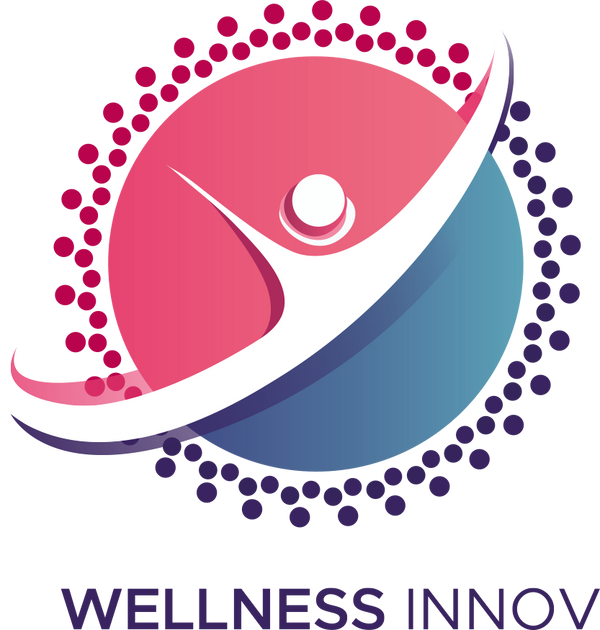The fast-paced life in modern society has caused many people to face sleep disorders, especially insomnia caused by stress. Recently, a research team from University College Cork in Ireland found that insomnia is not only related to the biological clock and stress system, but also the intestinal flora plays an important role in it.
Our body has two ancient self-protection mechanisms: the circadian rhythm system and the stress system. The circadian rhythm helps us adjust physiological activities to adapt to the natural light and dark cycle of the earth; while the stress system enables us to respond quickly when faced with emergencies. In recent years, the gut microbiota has attracted widespread attention as the "third brain" that affects health, and its impact on a variety of physiological processes has been studied in depth.

Recently, Professor Klein's team from University College Cork in Ireland published a research paper entitled Gut microbiota regulates stress responsivity via the circadian system in cell metabolism. The study found that the gut microbiota can maintain the body's positive feedback to stress by adjusting the circadian rhythm of the hypothalamus-pituitary-adrenal (HPA) axis, and this biological process operates around the clock, throughout 24 hours.
In addition to further revealing the close connection between intestinal health and mental state, this discovery also suggests that we may be able to improve stress-related problems such as insomnia and other mood disorders by maintaining intestinal health.

Circadian changes in gut microbiota maintain brain function
The researchers used metagenomic sequencing to sequence the gut microbiota of mice. The results showed that circadian rhythms had a particularly significant effect on Lactobacillus, especially Lactobacillus reuteri and Lactobacillus johnsonii. These two lactobacilli are often added to yogurt and food supplements as probiotics.

Gut microbiota dynamically regulates the rhythmicity of corticosterone and suprachiasmatic nucleus (SCN) transcriptome throughout the day
Previous studies have shown that gut microbiota can regulate the stress response of the hypothalamus-pituitary-adrenal (HPA) axis and the basal level of corticosterone. Based on this, the researchers further explored whether circadian rhythms play an important role in this process. The results showed that the state of the gut microbiota did significantly affect the composition of corticosterone in serum.
Further studies showed that changes in the gut microbiota affected the expression of genes related to circadian rhythms in the SCN. These findings suggest that the gut microbiota not only affects the central circadian rhythm, but also participates in regulating the downstream signaling mechanisms that synchronize peripheral tissues with the central clock, thereby exerting a time-dependent effect on the brain stress response.

Lack of gut microbiota alters the rhythmic changes in the transcriptome of the hippocampus and amygdala
The regulation of brain stress depends on time changes and probiotics
Due to the importance of the limbic system in the brain stress response, the researchers paid special attention to the circadian rhythm changes of the transcriptome of the hippocampus and amygdala. The study found that the gut microbiota changed the expression pattern of multiple circadian genes in these two regions. Further targeted enrichment analysis showed that the gut microbiota regulates the stress response by affecting the circadian rhythm of stress pathways in key brain regions.

In order to fully understand the impact of the gut microbiota on brain metabolism, the researchers also used a metabolomics approach. The results showed that changes in the gut microbiota led to circadian changes in glutamate metabolism in the brain, which in turn affected stress responsiveness.
Furthermore, disruptions in the circadian pattern of HPA axis function were observed after gut microbiota removal in mice, accompanied by impaired hypothalamic blood-brain barrier function. Together, these findings suggest that the effects of gut microbiota on brain and circulating corticosterone rhythms may translate into physiological and behavioral changes, particularly in stressful situations.

Gut microbiota depletion leads to circadian changes in stress responses and stress-sensitive behaviors
The study revealed that changes in basal HPA axis function translate into changes in corticosterone stress responses in the form of time-specific times of the day, manifested as delayed corticosterone release during stress, and impaired stress-sensitive social behaviors.
Encouragingly, this impairment could be restored by administering Lactobacillus reuteri at specific times of the day. This means that probiotics found in common foods like yogurt may play an important role in combating stress and improving sleep quality!
Summary
Stress and insomnia often make people feel helpless and frustrated, but the above studies offer hope to those who suffer from them. The study suggests that by supplementing with probiotics such as Lactobacillus, we can find a simple and effective way to improve sleep quality and enhance stress resistance. These probiotics can not only regulate intestinal health, but also affect our mental state and circadian rhythm through the complex gut-brain axis.
Therefore, for those who suffer from stress and insomnia, adding probiotic-rich foods such as yogurt or other fermented foods to their daily diet may be a worthwhile approach. This can not only help us better cope with the stress of daily life, but also enjoy more peaceful and deep sleep at night.

